Our Training Philosophy
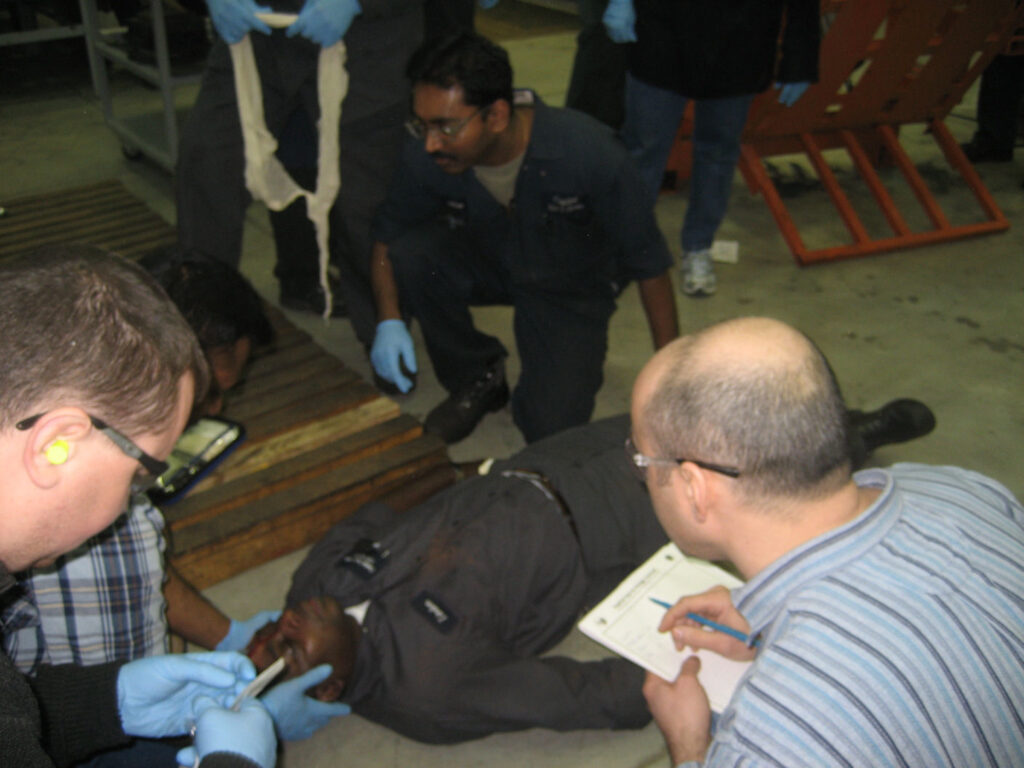
First Aid response training does not have to be dry or boring. Code Eight EMS programs are practical, down-to0earth, realistic, and, fun for the instructor and student.
We believe in student participation rather than lecturing, PowerPoints, and videos. Sure, there must be a certain amount of lecture time to communicate basic concepts. However, the simple fact is that first aid is hands-on rather than theoretical.
Our goal is to prepare people without any previous medical training, to provide basic emergency care until professionals take over. We stress the practical aspects of rendering aid to the sick and injured.
How can we accomplish these goals? We set up realistic scenarios in our Standard First Aid Response training program, using theatrical injuries and blood to simulate a real emergency scene. These scenarios are especially meaningful when the course is conducted in the workplace. The student responds to scenarios in their work environment.
A significant bonus to this method is identifying hazards during training and contributing to an Emergency Medical Response Plan.,
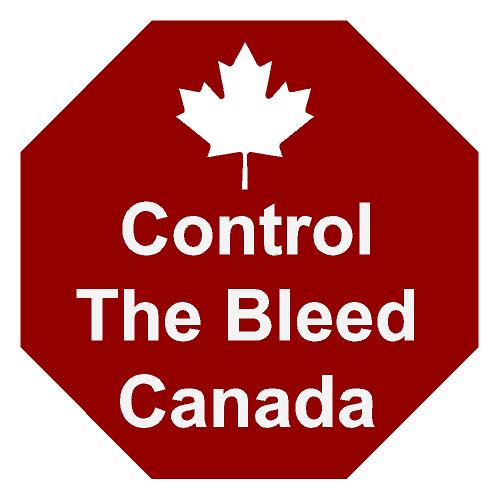

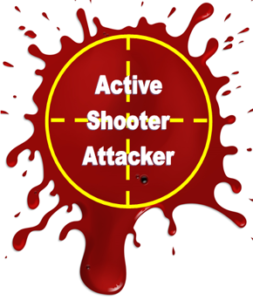
Our Training Courses
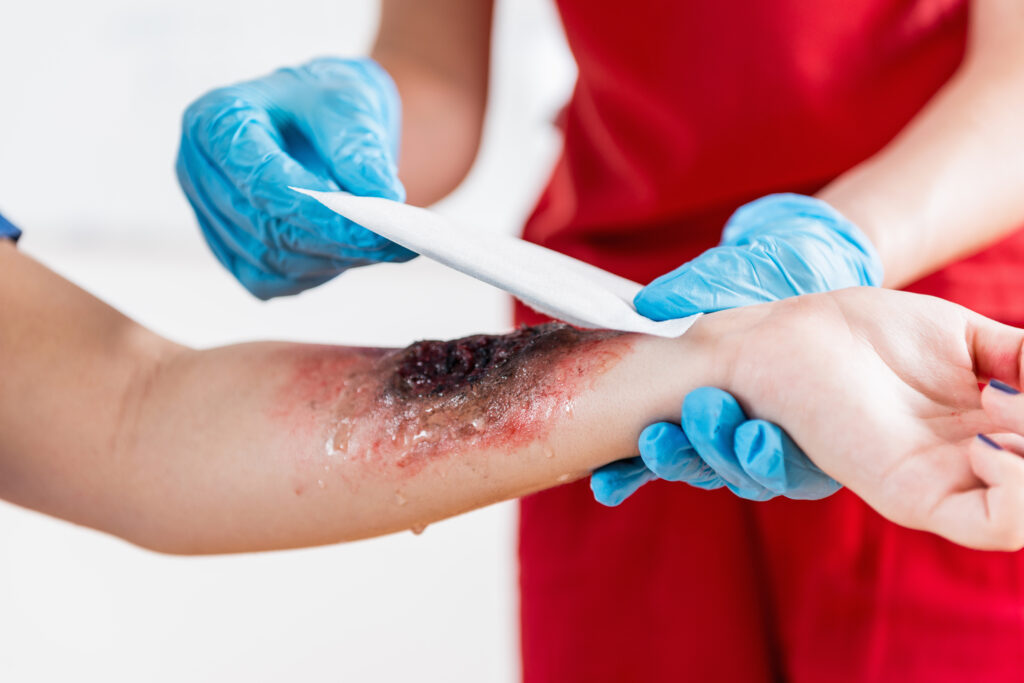
Emergency First Aid Response Training, CPR/AED Training
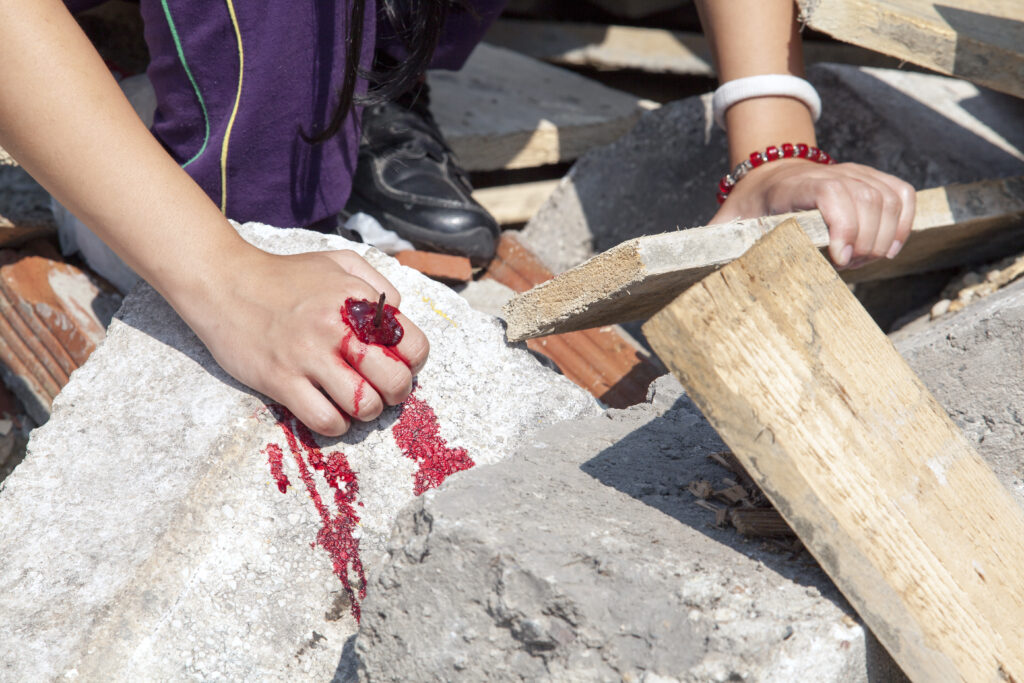
Standard First Aid Response Training, CPR/AED Training
Intermediate 2-day first aid response training. Blended learning is available. Required for workplaces with more than five workers on a shift, police, fire, corrections officers, and, many college and university programs.
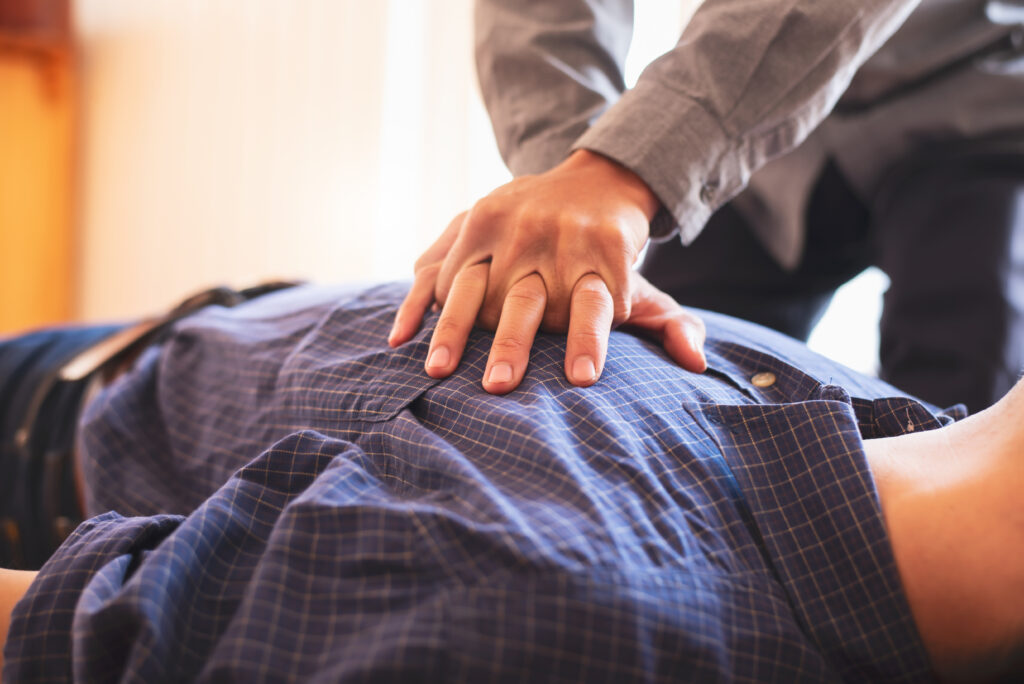
Level ‘C’, CPR/AED Training
Learn to assess an unresponsive infant, child, or adult who has stopped breathing, rapidly start CPR and apply an AED. Includes recognizing choking and clearing the airway.
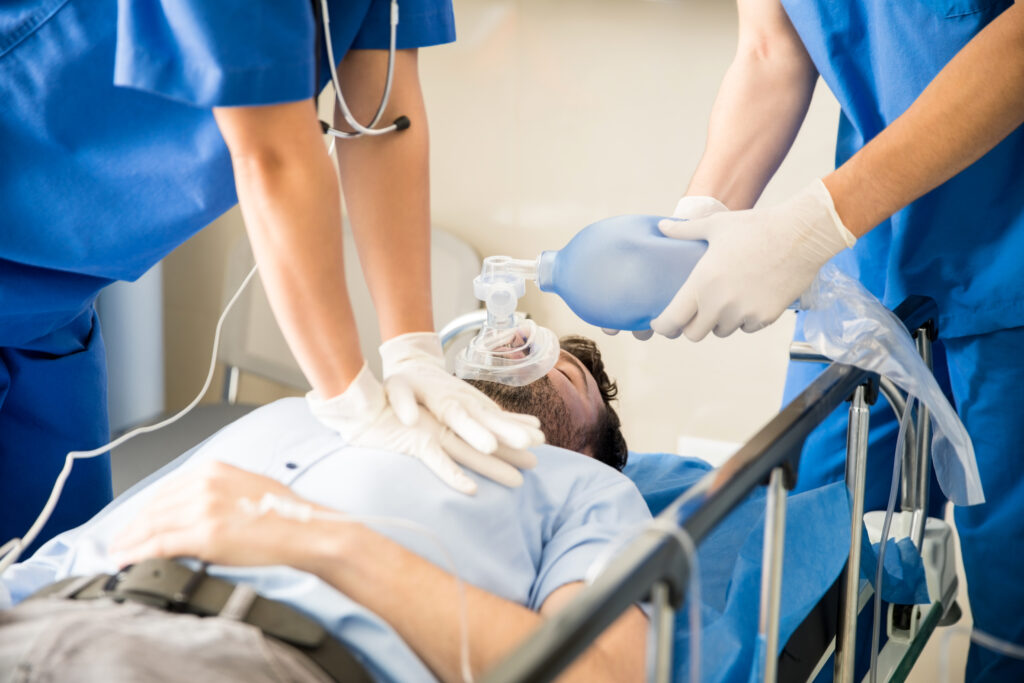
BLS-HCP, CPR/AED Training
Professional infant, child, and adult CPR and AED for healthcare workers including first responders. Includes use of oxygen, BVM (Bag-Valve-Mask), and may include oral airways for some groups.
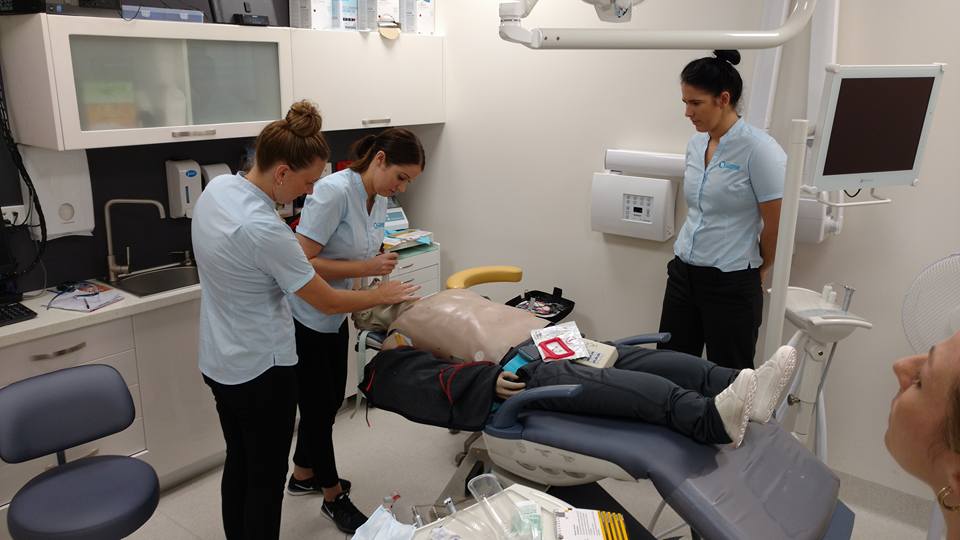
Dental Office CPR/AED Training
Professional level infant, child, and adult CPR and AED for dental professionals (dentists, hygienists, and dental assistants).
- CPR challenges in the dental chair
- BVM (Bag-Valve-Mask)
- It May include oral airways for some groups
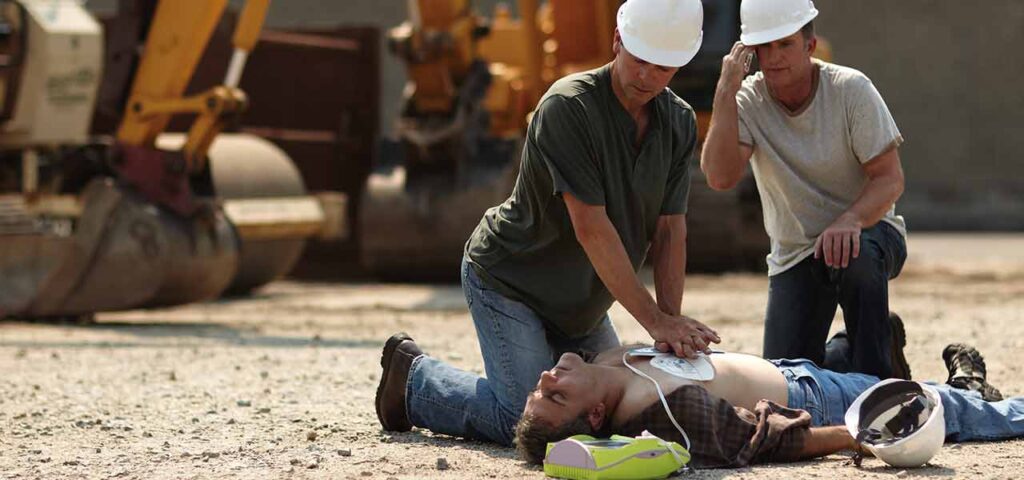
Basic AED Rescuer, CPR/AED Training
CPR and AED for corporate First Aid Teams where an AED is readily available. Includes moving the victim when necessary and use of BVM (Bag-Valve-Mask).
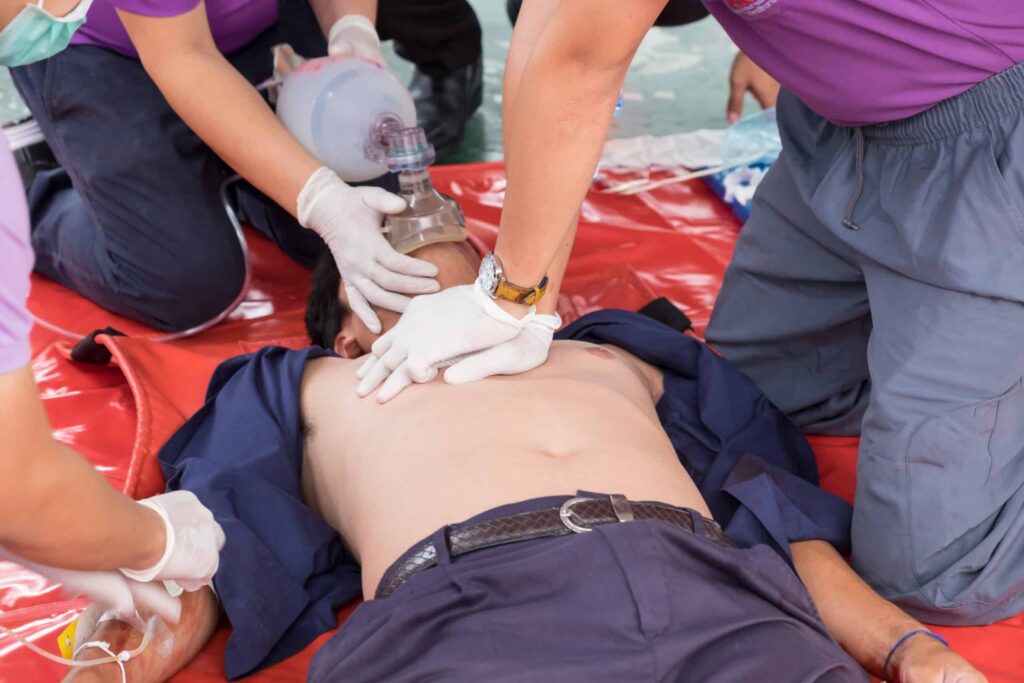
Advanced AED Rescuer, CPR/AED Training
Basic AED Rescuer plus realistic scenario training in the facility. The First Aid Team practices responding to a variety of locations within the facility to improve response times.
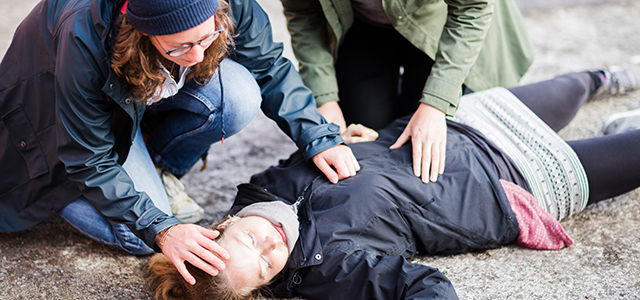
Bystander CPR/AED Training
Train up to 72 people in Hands-Only CPR in 6 one-hour sessions per day. Specially designed for organizations that have a First Aid Team with Basic or Advanced Rescuer training. Victims of Sudden Cardiac Arrest have a significantly improved chance of survival when CPR is started immediately,
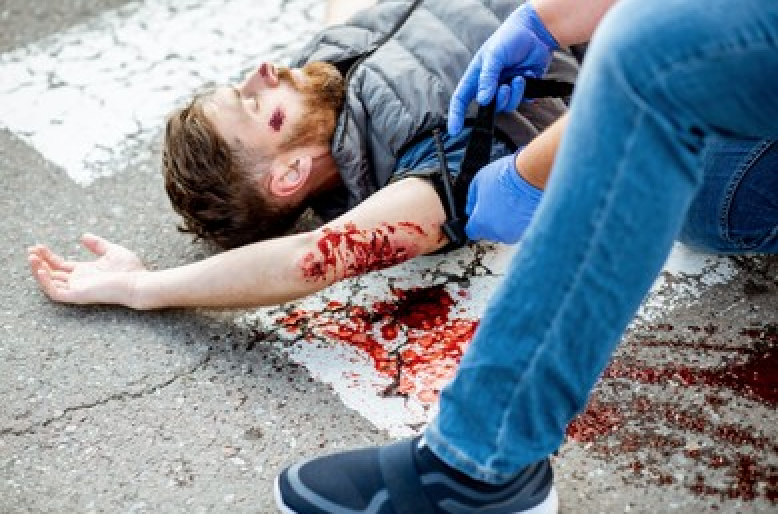
Control The Bleed Canada
Catastrophic bleeding kills in minutes. These military bleeding control techniques train ordinary citizens to save lives.
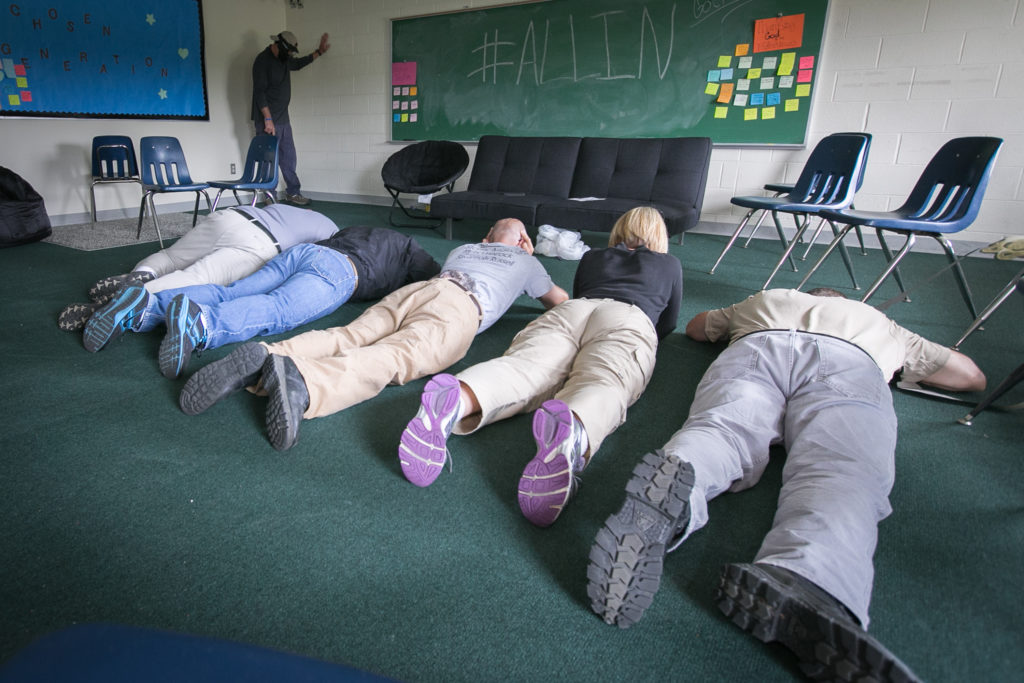
Active Shooter Attacker
Active Shooter/Attacker Training helps organizations save lives by recognizing the threat and preparing for an attack.